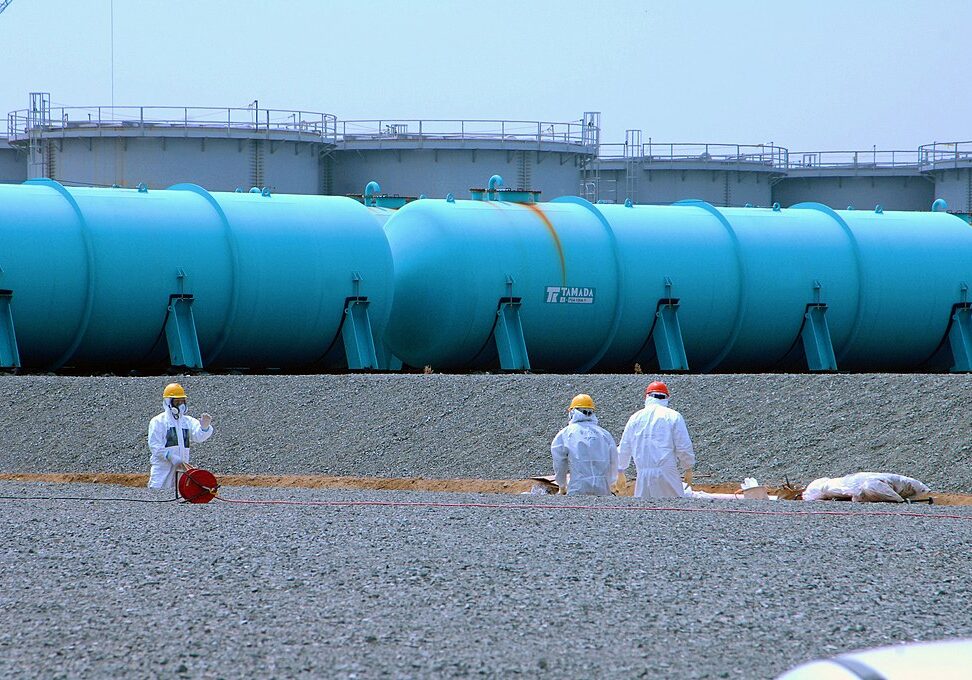Koreans condemn IAEA Fukushima decision

The Korean coalition, Peoples’ Action to Stop Dumping of Fukushima Daiichi Radioactive Water, has issued a strong condemnation of the International Atomic Energy Agency’s (IAEA) rubber stamp decision to allow Tokyo Electric Power Company (TEPCO) to begin dumping radioactively contaminated water into the Pacific Ocean from the Fukushima Daiichi nuclear site.
In a press release, the network said that the IAEA had failed to evaluate if there were safer alternatives to dumping the water, largely contaminated with tritium but also with other isotopes, and had only looked at the option to dump it at sea.
Nor, the group said, did the IAEA evaluated the justification for going ahead with the water release, with the agency claiming this was the responsibility of the Japanese government. Further, the IAEA did not consider cross-border damage and based its decision purely on TEPCO’s own assessment.
“The report only concluded that ‘according to the results of the ocean dispersion model used by Tokyo Electric Power Company the radioactivity concentration in international waters is not affected by the discharge of ALPS-treated water into the sea, so the cross-border effect is negligible,'” the group reported in the press release, pointing out the obvious conflict of interest in relying only on the assessment of the company in whose interest it is to proceed with the discharge.
South Korean opposition lawmakers have also strongly condemned the IAEA decision and voiced their concerns directly to IAEA chief, Rafael Grossi, during a meeting in Seoul this weekend. The meeting took place with a vociferous protest also taking place outside. According to a story on NPR: “The lawmakers responded by harshly criticizing IAEA’s review, which they say neglected long-term environmental and health impacts of the wastewater release and threatens to set a bad precedent that may encourage other countries to dispose nuclear waste into sea. They called for Japan to scrap the discharge plans and work with neighboring countries to find safer ways to handle the wastewater, including a possible pursuit of long-term storage on land.”
(Headline photo: IAEA Imagebank/Wikimedia Commons)
Support Beyond Nuclear
Help to ensure a safer, greener and more just world for all

